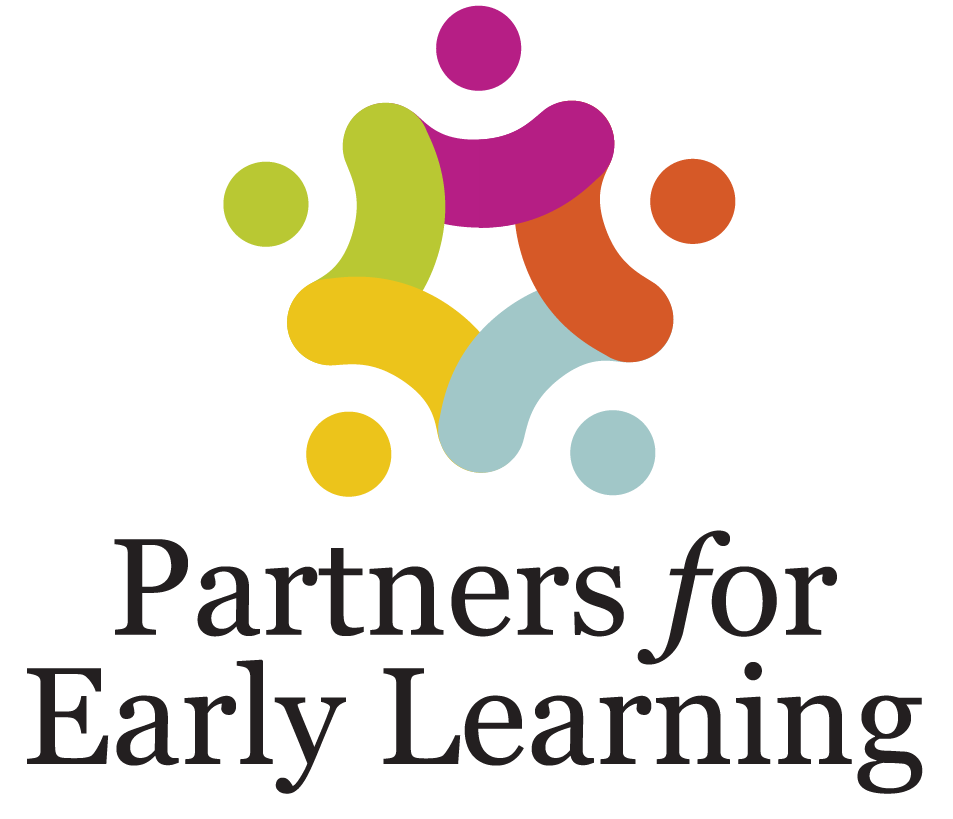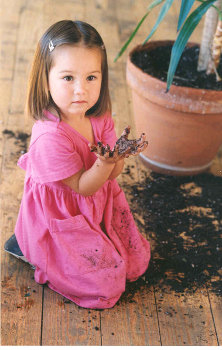When children develop the ability to deceive others is controversial, and some researchers believe that “lying” does not truly emerge until children are 4 or 5 years old. At this age, children don’t understand the difference between “truth” and “lying” and can have a hard time distinguishing between stories and reality. Several experiments have shown that children before age 4 don’t realize that people can have false beliefs about something. Without understanding that people can have false beliefs, many argue that children cannot encourage others to believe a falsehood by lying to them. Other research, however, suggests that children are capable of a type of deception by the time they are 3 years old. In one experiment, three-year-olds were told not to peek at a toy while an adult left the room. Most of the children peeked, and when the adult returned, many children denied they had seen the toy. Furthermore, these children could mask their facial expressions so that the researchers could not observe differences between the truth-tellers and the deceivers.
References:
Carlson, S. M., Moses, L. J., & Hix, H. R. (1998). The role of inhibitory processes in young children’s difficulties with deception and false belief. Child Development, 69, 672
Lewis, M., Stanger, C., & Sullivan, M. W. (1989). Deception in 3-year-olds. Developmental Psychology, 25, 439

